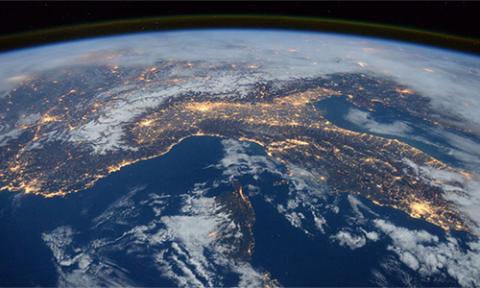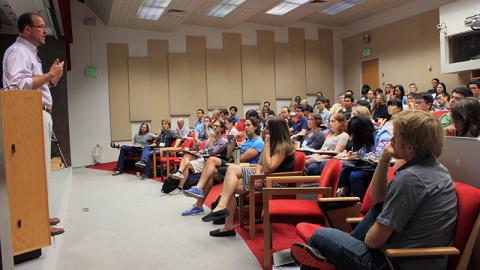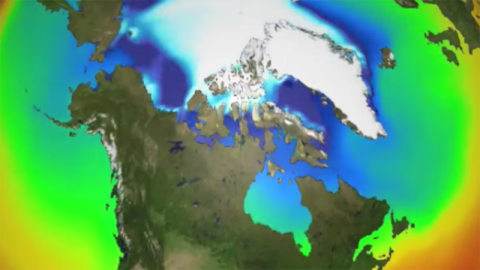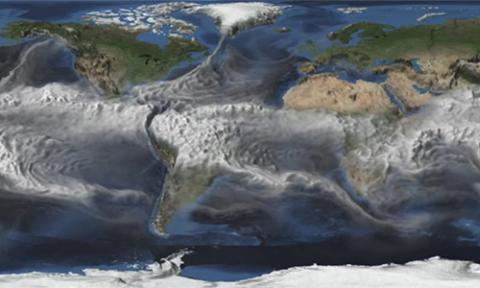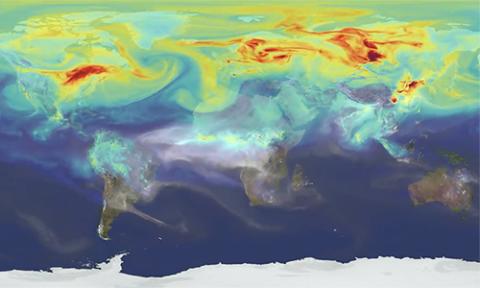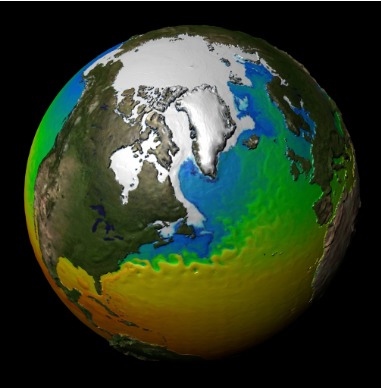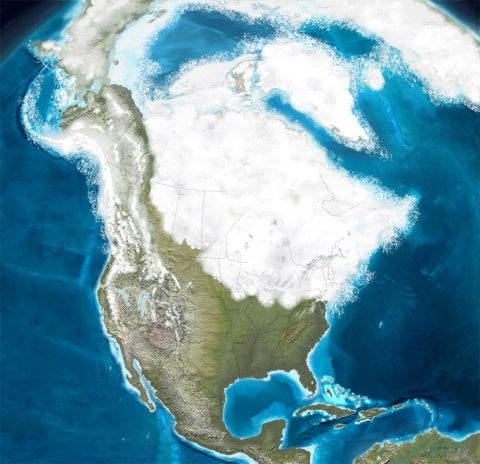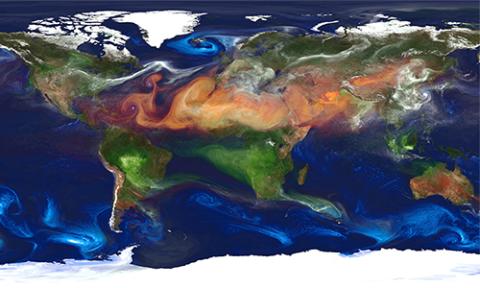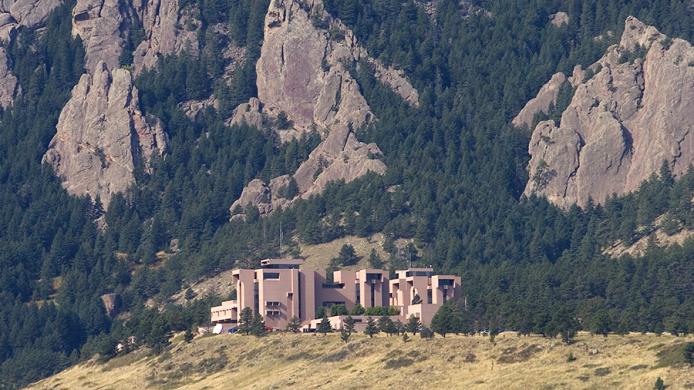
The CGD Laboratory has a mission to discover the key processes in each component of the Earth system and the interactions among them; represent this understanding in models and thereby provide a basis for prediction; and apply this understanding and these models to scientific problems of societal relevance.
Our Work
Our research focuses to increase our understanding of atmospheric and Earth system variability through parallel development and analysis of observational, assimilated, model-generated and model-forcing dataset
CGD Recent Publications
Research Integration
Three key groups in integrating science and service to support and strengthen scientific research efforts with CGD and NCAR.
Research Sections
Our scientists pursue research as part of the National Center for Atmospheric Research (NCAR) and are broken up into focused sections.

